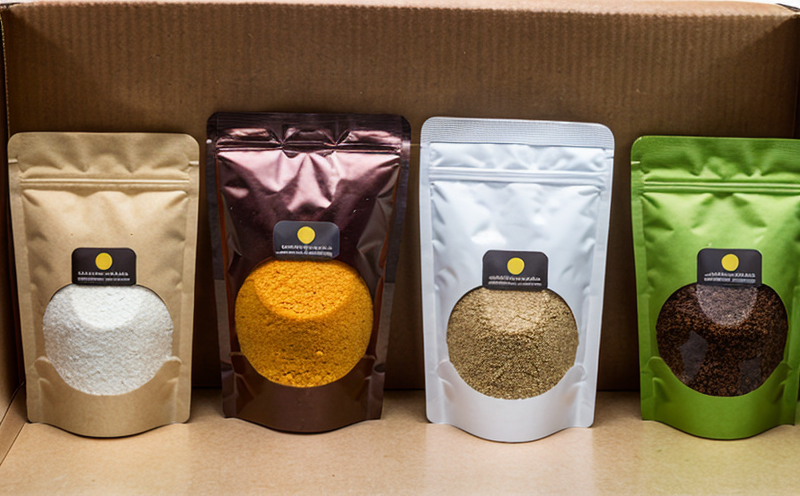Overall Migration Testing in Simulant A
In the realm of consumer products and product safety testing, ensuring that food contact materials (FCMs) and packaging do not release harmful substances into food is a paramount concern. This is where overall migration testing in simulant A plays a crucial role. Simulant A represents water-based simulants that simulate the conditions under which FCMs are used with foodstuffs.
Overall migration testing involves the comprehensive assessment of all possible migrants from packaging materials into food simulants, including organic and inorganic compounds, solvents, and other potentially harmful substances. This test is particularly critical for ensuring that these materials comply with international standards such as ISO 10350-2:2016, which provides guidelines for the migration of substances from FCMs.
The process begins by selecting an appropriate food simulant, typically water or a mixture of water and ethanol. Specimens are then placed in contact with this simulant under specific conditions that mimic real-world usage scenarios. The duration of contact is crucial as it can significantly affect the migration rates and amounts of substances released.
After the specified time has elapsed, the simulant is analyzed using various analytical techniques to detect and quantify any migrants present. These methods may include chromatography, spectroscopy, or gravimetric analysis, depending on the compounds being tested for. The aim is to identify not only the presence of these substances but also their concentrations, which can then be compared against regulatory limits.
The results of this testing are vital for manufacturers and suppliers as they provide critical insights into the safety profile of their products. Compliance with relevant regulations such as the European Union's Regulation (EU) No 10/2011 on FCMs ensures that consumers are protected from potential health risks associated with non-compliant packaging.
Overall migration testing is not just a compliance exercise; it also serves as an important tool for quality assurance and continuous improvement. By understanding the migration behavior of FCMs, manufacturers can make informed decisions about material selection, process optimization, and formulation adjustments to enhance product safety and performance.
Scope and Methodology
| Parameter | Description |
|---|---|
| Food Simulant | Pure water or a mixture of 50% water and 50% ethanol, simulating real-world conditions. |
| Contact Time | 24 hours for standard testing; longer periods may be required based on specific needs. |
| Specimen Preparation | Cut to a uniform size and shape, ensuring that the surface area-to-volume ratio is consistent. |
| Analytical Techniques | GC-MS (Gas Chromatography-Mass Spectrometry), HPLC (High Performance Liquid Chromatography). |
Eurolab Advantages
At Eurolab, we pride ourselves on delivering comprehensive and accurate overall migration testing services for FCMs and packaging. Our state-of-the-art facilities equipped with the latest analytical instrumentation ensure precise and reliable results.
We employ highly skilled technicians who are experts in food safety and quality assurance. They have extensive experience in conducting this type of testing, ensuring that every step from specimen preparation to result interpretation is carried out meticulously.
Our commitment to excellence extends beyond just the technical aspects. We offer a range of support services including consultation on material selection and formulation adjustments based on test results. This proactive approach helps our clients not only meet but exceed regulatory requirements, thereby enhancing their reputation in the market.
Competitive Advantage and Market Impact
The ability to conduct thorough overall migration testing is a key differentiator for Eurolab. By providing accurate and reliable results, we enable our clients to make informed decisions that enhance product safety and compliance.
In an increasingly competitive market, ensuring the safety of FCMs and packaging is more important than ever. Our services not only help clients comply with regulatory requirements but also build trust with consumers, which can be a significant asset in today’s highly regulated environment.
Moreover, by offering early-stage testing and consultation, we assist our clients in identifying potential issues before they become major problems. This proactive approach helps to mitigate risks and ensures that products reach the market safely and efficiently.





